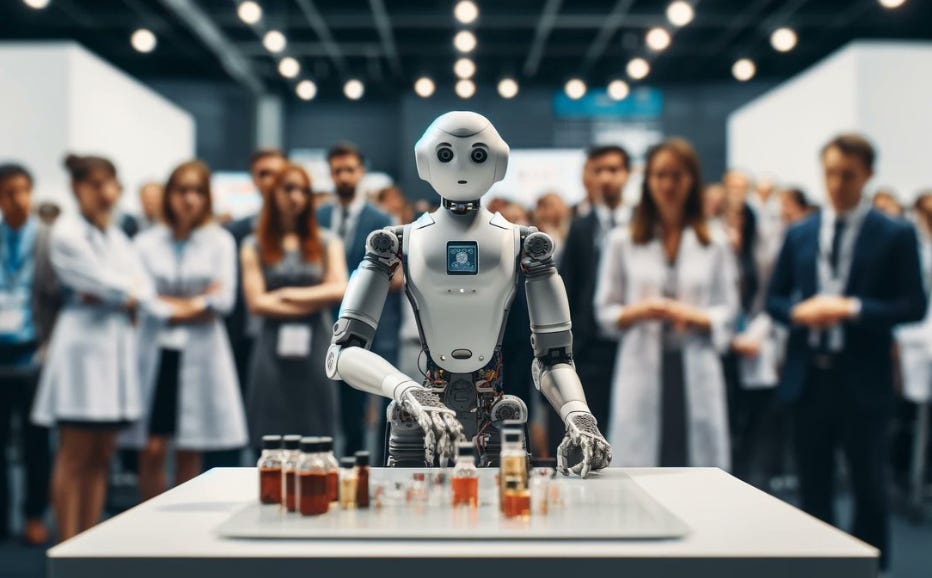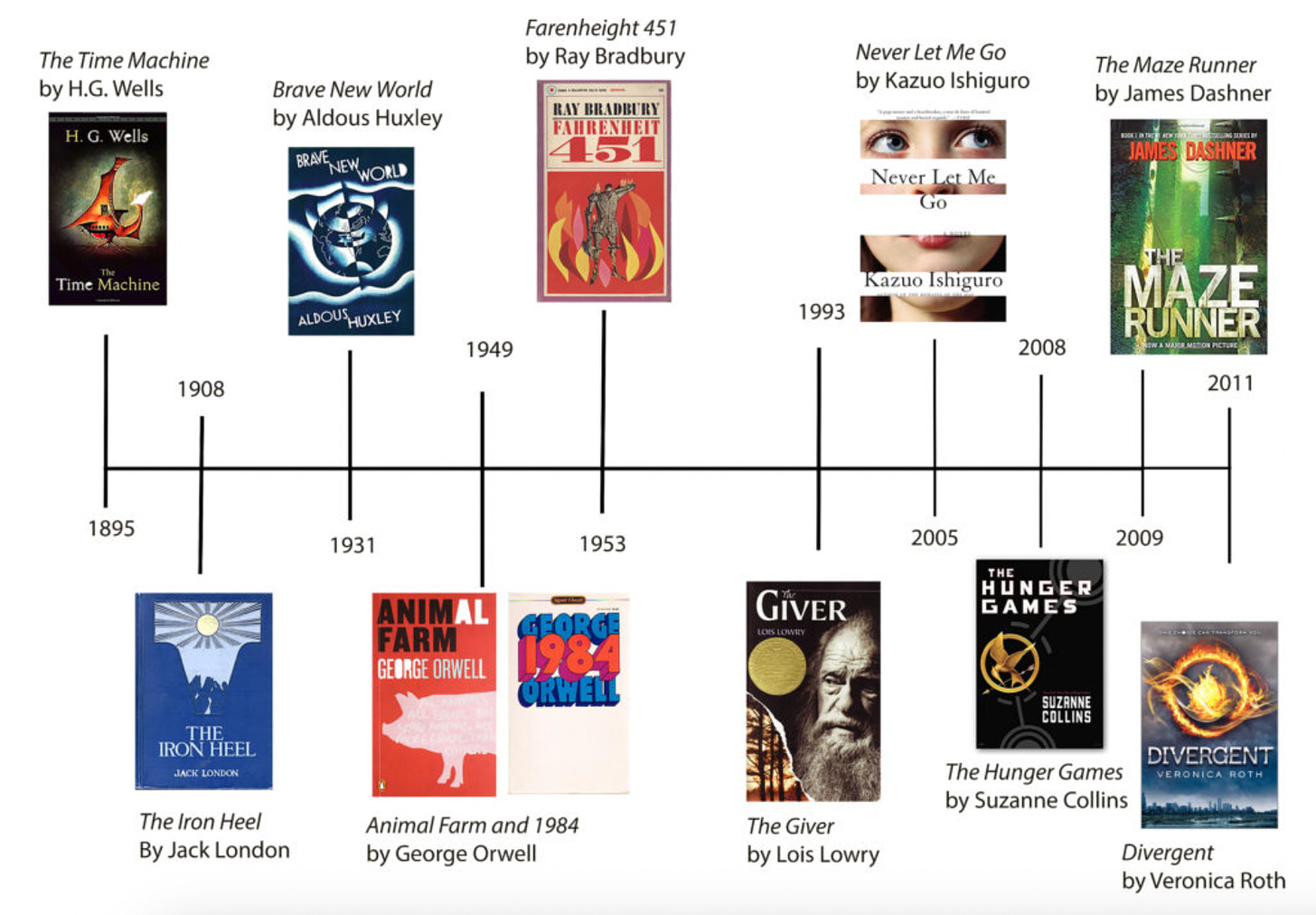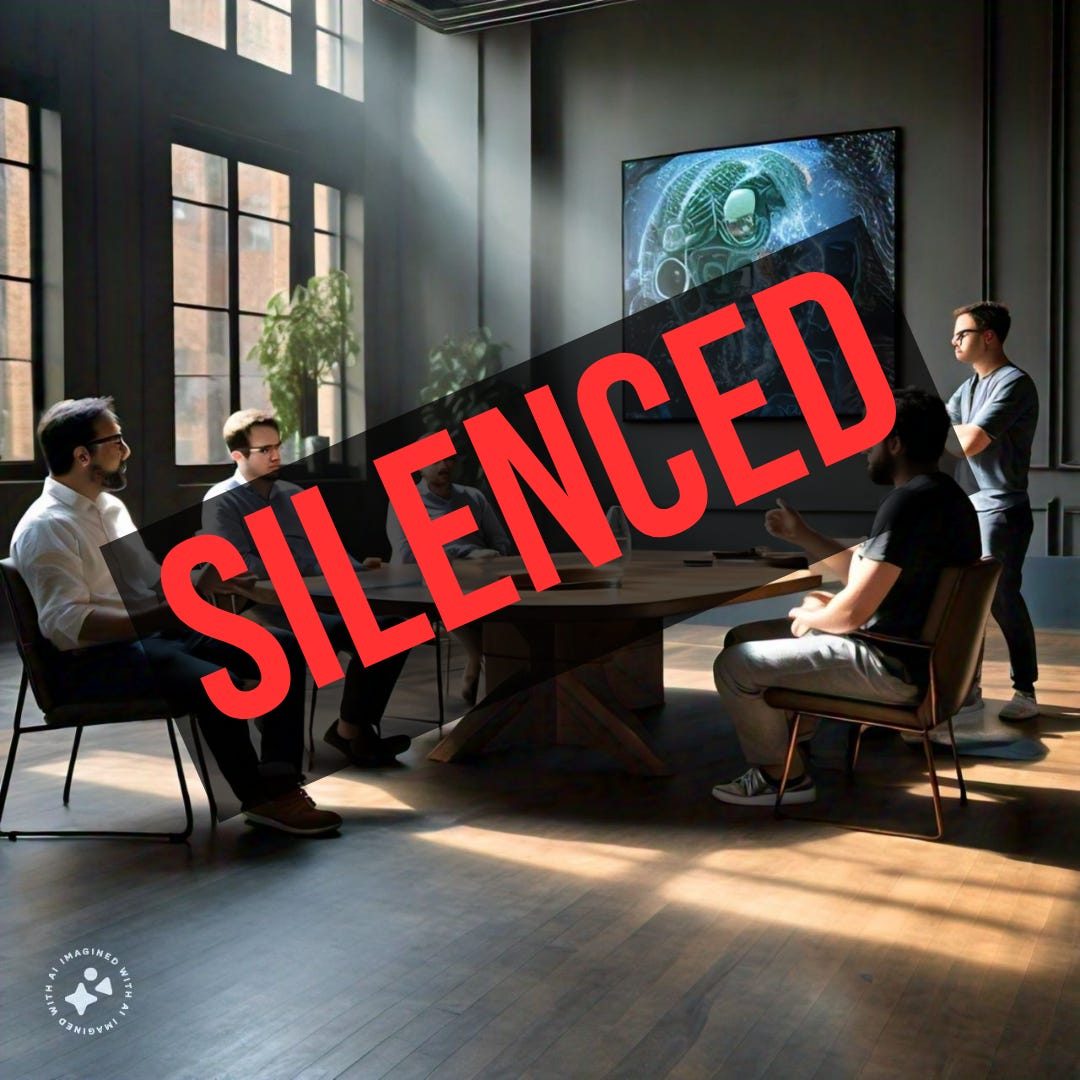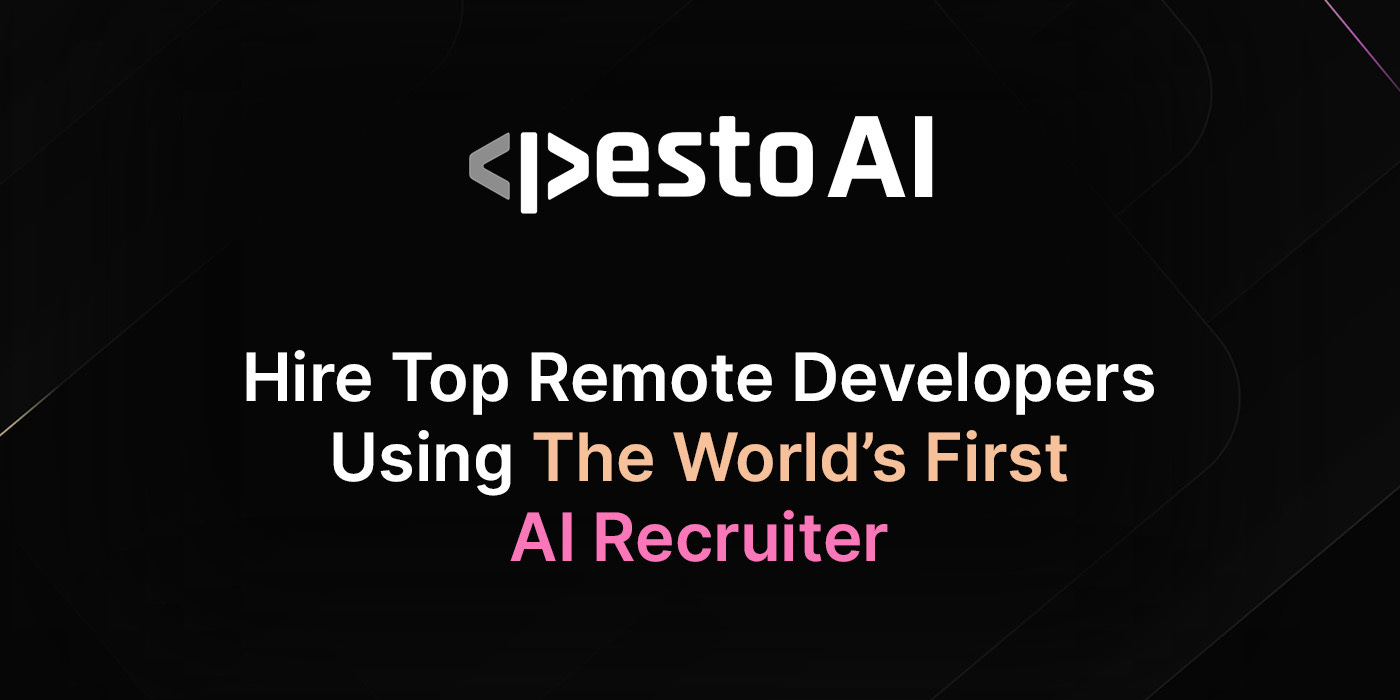- Yaro on AI and Tech Trends
- Posts
- 🛂Should we Regulate Dystopian Fiction?
🛂Should we Regulate Dystopian Fiction?
Plus: What are the implications of corporate culture in AI firms on risk management and employee freedom of expression? And, what does the future hold for robotics?
Get in Front of 50k Tech Leaders: Grow With Us
Happy Wednesday everyone,
Should dystopian fiction be regulated? Does it serve as a blueprint for reckless technological advancements, or merely as a cautionary tale? Additionally, what are the implications of corporate culture in AI firms on risk management and employee freedom of expression? And, what does the future hold for robotics?
Thanks.. Lets dive in…
📰 News and Trends.
What Is The Future Of Robotics?
The world's first AI recruiter for remote tech talent!*
Should We Regulate Dystopian Fiction?
🧰 AI Tools (Code and Programming)
AI Firms Culture or Risk and Silencing Workers.
Publications we recommend.
📰 AI News and Trends
FEC and FCC Clash Over AI Election Regulations as 2024 Presidential Race Approaches (Cooksey FCC)
Asana Unveils AI Teammates to Tackle Complex Workflows and Elevate Teamwork automatically (Asana)
Pika, a video-generation start-up that raised $80 million in its latest funding round, already has a publicly available product, as OpenAI and Google keep theirs under wraps (WP)
Simple circuit could offer an alternative to energy-intensive GPUs (MIT)
What I learned from looking at 900 most popular open source AI tools by Chip Huyen
🌐 Other Tech news
X tweaks rules to formally allow adult content (TC)
Roaring Kitty Strikes Again: GameStop Shares Surge 21% After Keith Gill (aka Roaring Kitty) Reveals $116 Million Stake, Nearing Billionaire Status Amid Market Manipulation Concerns (WSJ)
New York Set to Restrict Social-Media Algorithms for Teens (WSJ)
IKEA will pay you real, honest-to-god money to work in its virtual Roblox store (BI)
An AP poll showed about 46% of Americans were unlikely to purchase an EV (FC)
Drone Police is here, but are they all that? (Wired)
What Is The Future Of Robotics?

Conference of Robotic Learning.
A hot debate in AI is whether scaling up models and data, like with ChatGPT, could revolutionize robotics. Some researchers are excited by early successes, believing scaling could unlock powerful generalization in robots. Others are skeptical, citing challenges in data collection and the high cost of training large models.
Even if scaling is feasible, it may not fully solve robotics, as achieving the needed accuracy and reliability for real-world tasks remains a challenge, which means we may not have our robobutler this year and plumbers will continue to get dirty, and yes self-driving car companies will continue to struggle to achieve full autonomy despite using large-scale models.
The future of robotics is likely to be a mix of approaches, with scaling playing a significant role. Exploring hybrid systems, focusing on real-world tasks, and making robot learning systems more user-friendly are also key areas for development. By embracing diverse perspectives and thinking outside the box, researchers can unlock the full potential of robotics and shape its future.
The world's first AI recruiter for remote tech talent!
PestoAI helps companies hire remote developers using the world's first AI recruiter. No job posting, no screening, no headaches! - Sign up for free
Should We Regulate Dystopian Fiction?

Image by Northeastern University.
Recently, a "New Yorker" article titled "Are We Doomed?" discussed how dystopian books might be shaping our fears about AI, weapons of mass destruction, and other world-ending tech. It made me wonder if stories about dark futures are influencing our reality.
A while back, I talked about needing a modern version of George Orwell's "1984"—a book about a government that twists the truth and crushes any opposition. Now, I'm diving into Aldous Huxley's "Brave New World Revisited." It looks at how propaganda and tech can tighten control over people—something we see more of in today's tech-heavy society. Think about how big Tech companies are buying up media and shaping what we think on platforms like Instagram and TikTok. They're not just influencing our opinions; they're steering what we buy and how we use money, especially as their digital currencies become more common (unfortunately not the decentralized kind we like)
These companies also affect our emotional well-being. They're using AI to develop drugs that can change how we feel, look, and act. And with their massive budgets, they have a large influence in politics, making politicians their puppets—until we get to the point of having AI candidates.
So, are we doomed? Did dystopian books predict this, or are they just cautionary tales? As troubling as these tech developments are, it's too simple to blame these stories for our tech problems. These books aren't guides; they're meant to warn us. But who is reading them and what are they getting out of them?
To fight back against the sameness pushed by algorithms and preserve our unique identities, it's essential to promote critical thinking and media smarts—turn off Instagram for a bit! Encouraging a variety of viewpoints and valuing deep thought and thorough analysis over just passively taking in content can protect our independence. It's crucial to stay informed, critically assess all sides, and make choices on our own.
What do you think? What else should we read to better understand these issues? I’d love to hear your thoughts.
Put your money to work in a high-yield cash account with up to $2M in FDIC† insurance through program banks.
Get started today, with as little as $10.
AI Firms Culture or Risk and Silencing Workers.

Current and former OpenAI employees have issued a public warning about the risks of rapidly advancing artificial intelligence, asserting that development is occurring with inadequate oversight and could lead to severe consequences like misinformation and inequality.
Through an open letter, they call for stronger whistleblower protections and mechanisms for anonymous feedback within AI companies. The group criticizes OpenAI for previously imposing non-disparagement clauses on employees, a practice CEO Sam Altman has pledged but failed to fully end. The letter has support from leading AI researchers, including “The Godfather of AI” Geoffrey Hinton and it underscoring the urgency for greater transparency and responsibility in AI development.
🧰 AI Tools
Code and Programming
UsemageAI: Generates a webapp from a title, description, and other simple parameters.
Metabob: Improve and automate code reviews.
CodiumAI: Get non-trivial analysis suggested right inside your IDE or Git platform, so you can code smart and stay confident when you push.
Fix My Code: Helps developers find and fix bugs in their code.
AI Code Mentor: Code explainer tool that helps developers understand how code works across various programming languages.
GPT-Trainer - A must-try AI Agent Platform*
Download over 500+ Tools free here.
📰 Publications I am currently reading and recommending:
5 Steps Friday - Simple success for jacked nerds. Join 73,000+ subscribers and get weekly tips on marketing, health, and earning more.
Deep Walks - The newsletter for deep thinkers. Perspective-changing quotes, reflections, and essays on everything from world religion to ancient philosophy.
Newsletter Recommendation:
Growth Forum - Learn how to build a repeatable sales process creating a pipeline full of qualified deals.
Secrets of Success - Learn Mental Models for success.



Reply